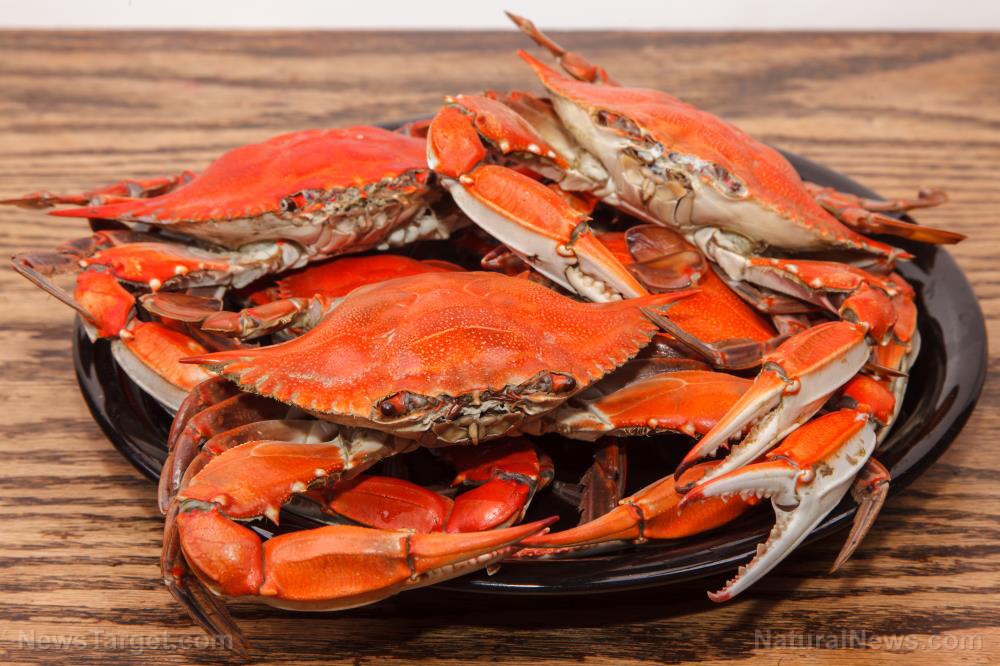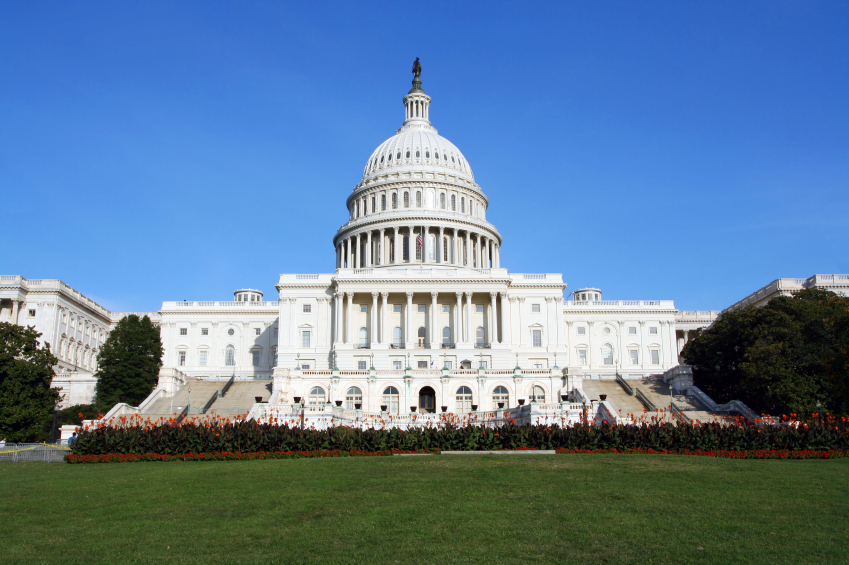Alaska’s snow crab season CANCELED due to population crash; lying media blames “climate change”
10/21/2022 / By Ethan Huff

For the first time ever, the Bering Sea snow crab season in Alaska has been canceled due to massive population losses of the crustacean. And the mainstream media’s excuse is that “global warming” is responsible for this.
Alaskan officials say an unprecedented decline in crab numbers has rendered the region unfit for the normal catch, delivering another blow to the food supply chain. (Related: Mississippi River barges are having a difficult time transporting food due to drought-induced water level drops.)
“We’re still trying to figure it out, but certainly there’s very clear signs of the role of climate change in the collapse,” alleges Michael Litzow, a shellfish assessment program manager at the National Oceanic and Atmospheric Administration (NOAA), which conducts an annual survey of snow crab numbers.
Over in Anchorage, Elizabeth Earl republished a story sourced from the Alaska Journal of Commerce also claiming that climate change is responsible for this massive decline in snow crab population numbers.
“There’s no complete consensus about why the stock crashed in the first place,” the article states. “Increasingly, however, the models seem to indicate that it’s due to temperature increases linked to climate change.”
Overfishing and predation, not climate change, responsible for declining snow crab numbers
Once again, the experts are relying on computer models, which are hypothetical, rather than actual data to make this claim. There is zero evidence to suggest that global warming or climate change are in any way responsible for this massive loss of snow crabs.
Most of the computer models being used to make this claim are inherently flawed, it turns out. They overestimate recorded temperatures and create a fictitious climate scenario that does not actually match reality.
Multiple factors, including predation, overfishing, and naturally warming waters, are all contributing to snow crab losses – not bovine flatulence and gas-powered vehicles like leftists are claiming.
Back in 2017 when it started to become more noticeable that snow crab populations were in decline, The New York Times blamed overfishing. At the time, it was noted that upwards of 90 percent of the world’s fisheries face collapse due to gross exploitation.
It was the United Nations (UN) Food and Agriculture Organization (FAO) that made this assessment, by the way – not right-wingers pushing “climate denialism” like many greenies often claim.
Experts warned that Russian king crab fishermen in the west Bering Sea were contributing to snow crab declines, much like how Mexican ships poaching red snapper off the coast of Florida threaten the existence of that particular form of sea life.
Humans are damaging ocean animals, in other words, but not because they drive cars, heat their homes, and eat meat. Greed and total disregard for conservation are driving losses of sea crabs and other creatures, many of which are moving in the direction of extinction if something does not change very soon.
The World Wildlife Fund (WWF) agrees that “illegal fishing” is eliminating far too many snow crabs from the ocean. A WWF study found that crab populations in the Russian Far East are at risk of collapse due to overharvest from illegal fishing.
Hilariously, Earl was one such journalist who agreed, at least at that time, that overfishing is the primary culprit in the decline of snow crabs around Alaska. Now, though, she has shifted her view to the global warming narrative.
“While so-called experts that have the ear of low-information journalists blame warmer water on climate change, that isn’t true,” reports Anthony Watts. “Rather, an extended La Nina event has increased temperatures in the seas inhabited by snow crabs.”
The latest news about the destruction of the food supply and supply chain can be found at Collapse.news.
Sources for this article include:
Submit a correction >>
Tagged Under:
alaska, Climate, climate change, climate propaganda, Collapse, crab, famine, food collapse, food freedom, food independence, food supply, green tyranny, illegal fishing practices, media fact watch, population crash, propaganda, snow crab, supply chain
This article may contain statements that reflect the opinion of the author
RECENT NEWS & ARTICLES
COPYRIGHT © 2017 PENSIONS NEWS




















